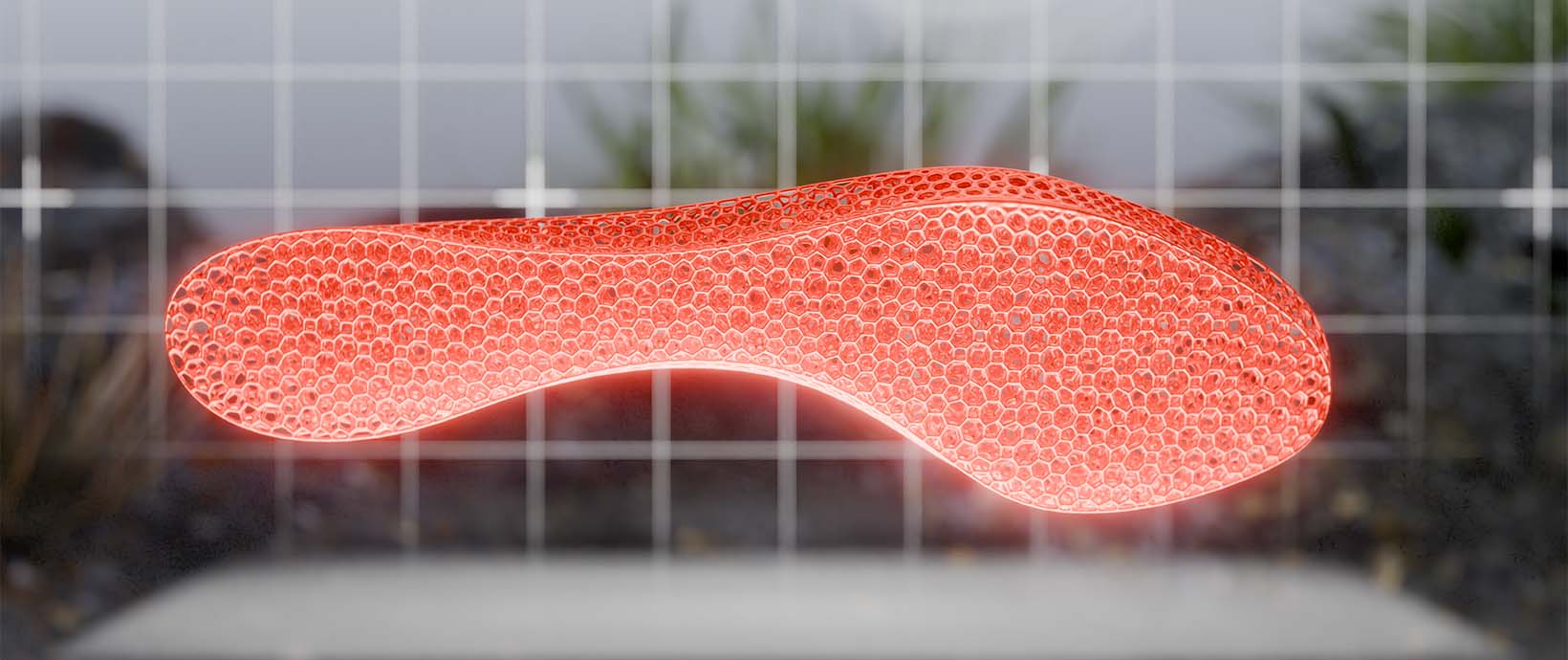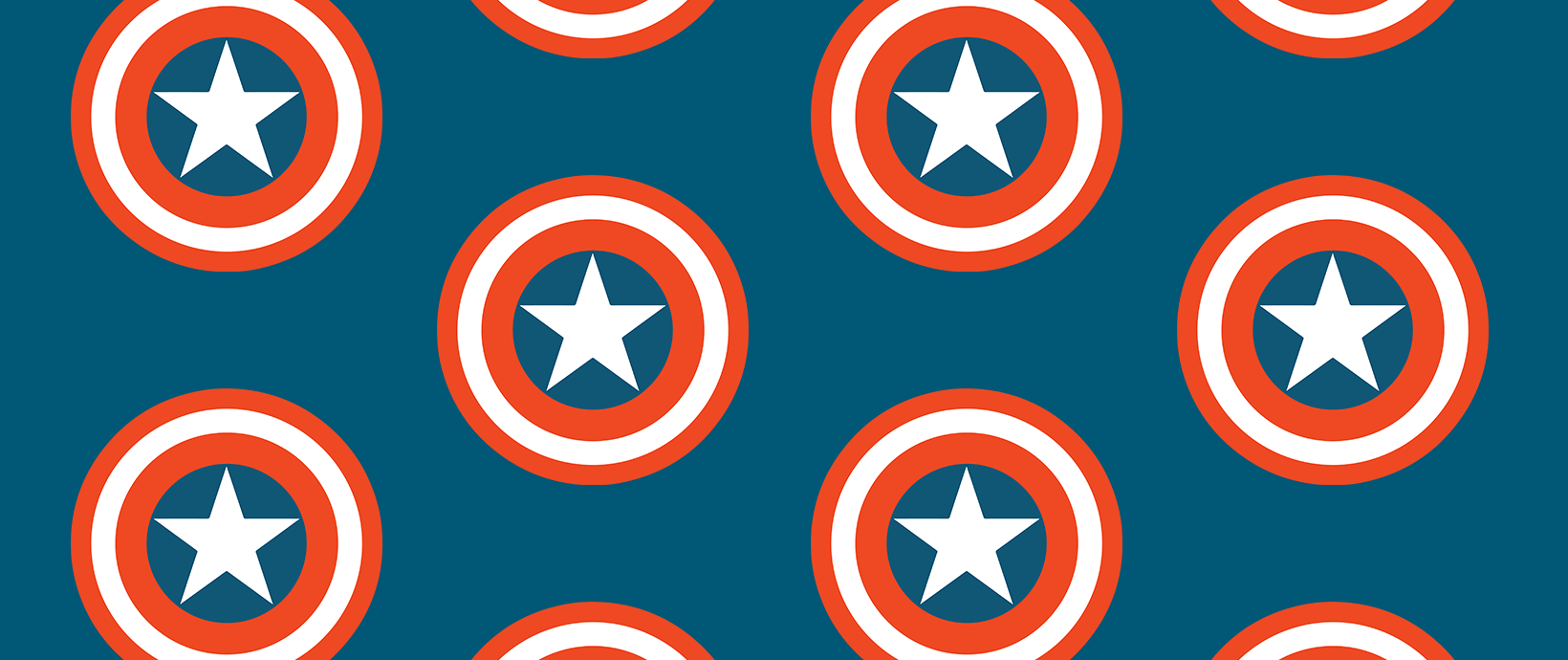Future Says S5E17 Recap: How Wearable Data Analytics Technology Can Reshape Athletic Safety and Performance
In 2023, a record 242 million people in the U.S. played a sport or took part in a related fitness activity, according to a survey featured in Sports Business Journal. At the same time, our planet keeps warming. Month after month, regions and nations around the world continue to smash high and average temperature records. This trend shows no signs of slowing – in the next five years, there’s an 80% chance that the annual average global temperature will temporarily exceed 1.5 C (roughly 2.7 F) above pre-industrial levels, according to the World Meteorological Organization. With more people playing sports in a hotter world, something’s likely to give. In the worst cases, that something is heat stroke.
Notus Labs founder and CEO Evan Davies knows stats like these better than most. He knows that heat stroke is the third-most common cause of sudden death among high school athletes, most likely to occur in August. “There are [almost] 10,000 cases of severe heat stroke in the U.S. among high school athletes every year. It's a severe problem,” he says, “and it's getting worse every year.” But more importantly – and more optimistically – Davies also knows that heat stroke is a fully preventable issue given the right resources and technology.
Prevention is the Best Medicine
Notus Labs got its start during Davies’ time at Case Western Reserve University, where he and his peers worked with the school’s athletes in research settings. Davies realized that the market for wearable technology capable of tracking athletes’ performance and internal vital signs outside of lab settings was lacking. He says the current wearable market overemphasizes performance – such as speed, distance covered, and beyond; what he calls “external” data – over internal health. “There's very little physiological input [in most current wearables], so they're not tracking how athletes’ bodies are actually responding to workouts,” Davies says. “I think there’s obviously key data missing there.”
From there, he founded Notus Labs and created the Notus One, a wearable, durable, reusable, and waterproof quarter-sized device placed on the chest area via a disposable adhesive. From there, the Notus One tracks athletes’ physiological metrics and streams them in real time to the Notus Team data dashboard. “[In essence], we record a ton of metrics, stream them back to the coach, trainer, and/or medical staff – wherever they might be – in real time,” Davies says. “The platform provides them with alerts on any safety concerns they might have about their athletes.” In short, it gives coaches, trainers, and medical staff the ability to receive health warnings and alerts, monitor players, and review performance data – all in real time.
A former athlete himself, Davies knows firsthand that, for all but the most well-resourced athletic operations, there are usually not enough trained eyes capable of spotting the early signs of severe heat stroke. “If you're a high school trainer, for example, you might have 100 or more athletes that you're responsible for, or there might be 10 different teams practicing at the same time. That's really hard for one person to monitor, even for coaches,” he says. “[As a result,] you might not notice the early warning signs that you need to pull an athlete – and so you notice these events once the athlete has collapsed, which is much too late.”
Putting the Power of Data Analytics into Everyone’s Hands
Data analytics is no longer a niche technological concept – it’s seemingly everywhere, only set to play a more important role in our world both in wearable sports technology and beyond. But Davies understands that sports, which occupies such a cherished place in people’s lives, is a prime area to show the layperson how impactful data can be. After all, high school athletes account for more than 2 million injuries every year. Any chance to reduce preventable injuries is a massive, meaningful opportunity. “There’s a huge population [we can make an impact on]. Obviously, not all these injuries are preventable – but we're primarily focusing on soft tissue injury and heat-related illness, which are much more preventable,” he says.
Storied organizations sense this opportunity as well. Davies and Notus Labs have already received support from the U.S. Air Force and the National Science Foundation and have also worked with medical experts from the globally recognized UH Drusinsky Sports Medicine Institute. In Davies’ eyes, one of the Notus platform’s main benefits is its ability to give its users flexibility to see both individual and team-wide data. “[With Notus] you can do both. We record all the data we collect on athletes over time so trainers and coaches can look at an individual athlete over the course of a practice or even an entire season – and they can also look at [this same information throughout] the whole team,” he says. “Everyone's body works differently, so being able to have individual insights paired with how the whole team is doing helps [trainers, coaches, and medical experts] find a better balance between safety and performance.”
And though Notus Labs is currently trialing its technology in beta with selected teams and institutions, Davies hopes to one day bring the best of the technology to a mass-market audience which, to him, still lacks an accessible all-in-one athletic data solution. “[I want] to get it out to everyone and provide them with actionable feedback that they don't need to interpret,” he says. “I think that's where a lot of current systems go wrong. [In a lot of current apps] you pull up a dashboard and there's 50 different graphs in there. Your average user doesn't know what all these graphs mean. I think that [mass-market adoption] would be my dream application for this.” For everyone’s sake, we hope Notus Labs’ vision – a world free from preventable injuries and deaths, like those from heat stroke – becomes a reality.
Click here to listen to the full episode with Notus Labs’ Evan Davies. To check out the rest of Future Says season five, visit https://altair.com/future-says. And be sure to subscribe to Future Says on Spotify, Apple Podcasts, Amazon Music/Audible, YouTube Music, and Podcast Addict.




